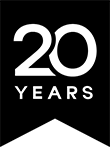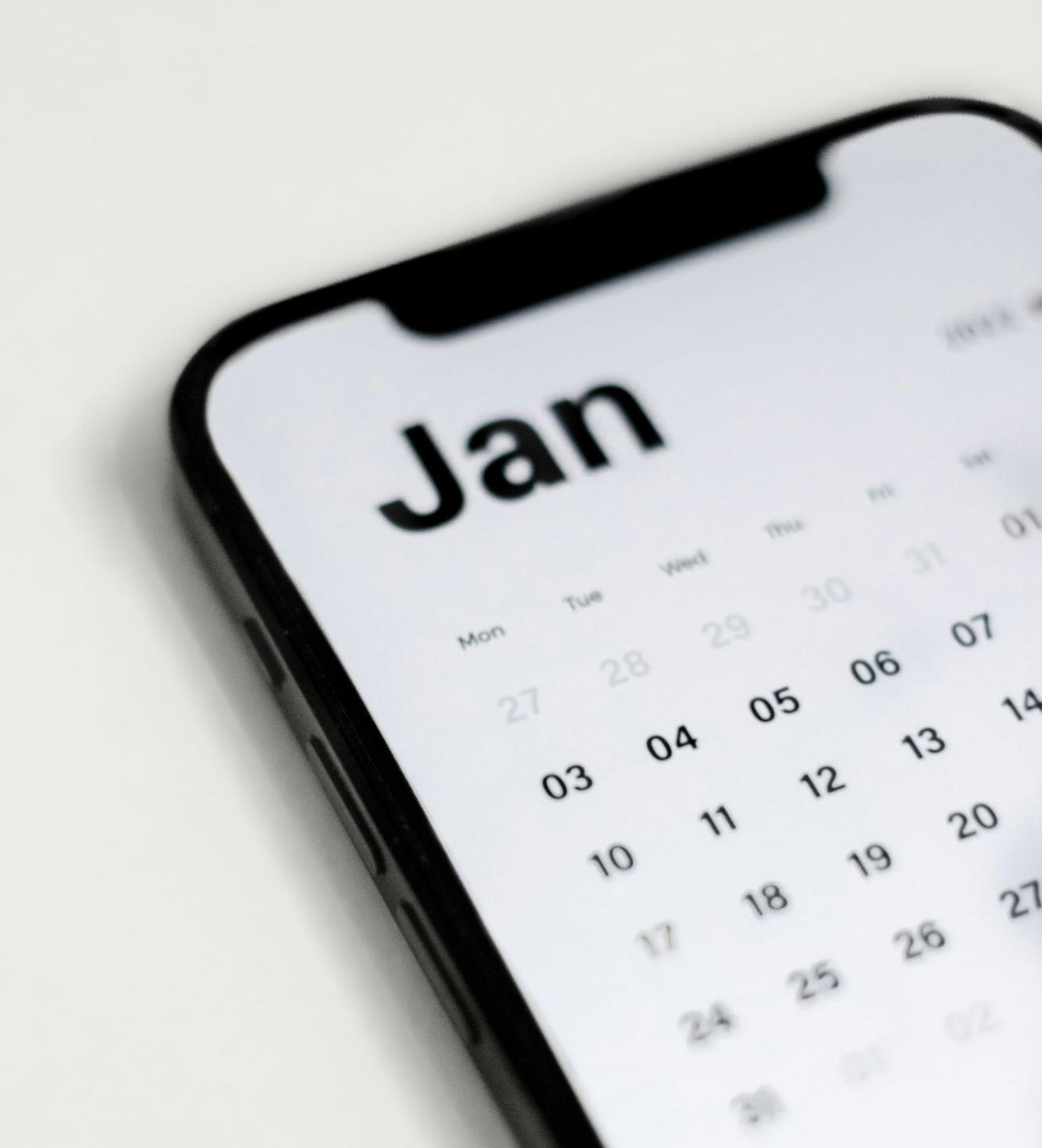Here’s what’s been on my mind.
In April, I will have been at TJA for two years. It feels like I walked in for the first time yesterday. Throughout the interactions, conversations, multiple failures and learning opportunities, there has been a recurring peeve of mine that I didn’t realize I had until it surfaced. Millennials.
*Insert stereotypical remark here.*
One day, I asked myself why that term had even started to grind my gears. My answer, in short: because I took it to heart. I am part of the cohort born in a certain time frame and am now subjected to the stigma and reputation that comes with it. For the longest time, I refused to accept that I even was a millennial. I consider myself an old soul and I don’t entirely resonate with all the characteristics that define a millennial today. But it wasn’t until I stumbled across Simon Sinek’s video Millennials In The Workplace, did it click.
Queue the thought provocation.
Sinek explained four pillars (as I call them) that are hallmarks of my generation: parenting, technology, impatience and environment. As he spoke, I had an ah-ha moment, which got me thinking: I wonder what my peers’ environmental setting is like, their roles in the business realm and how they feel? So, as a millennial does, I posted on my Instagram story and asked the question: “What are the biggest challenges you’ve faced transitioning from academia to corporate America?”
From the responses I received, I saw a theme around lack of confidence, fear of capability, and, to my surprise, bias and prejudice due to being a novice. So I dug deeper; I wanted to know more.
How is your management structure at your job?
Do you feel like you’re being lead or managed?
Does your direct manager help build social skills and confidence, and do they make an effort to care about your overall investment in the company?
I only received one positive response from someone who works at a company that has been named Best Places to Work for six years straight. All the other responses were dismal. So I uncovered a common theme around lack of quality in leadership. Queue the self-reflection.
I empathized with all the responses, because I am all too familiar with the same trials and tribulations that came with entering the workforce at an entry level. I too was “victim” to the impatience, the technology addiction and a multitude of environmental settings (such as being led by fear and the feeling of being another workhorse to pump out profit for the business) that played a role in shaping me into the millennial I am was. I’ve evolved from the typical millennial Sinek described and I have outstanding leadership to thank for it.
Ultimately, this is what I learned.
To be frank, I’m not sure 80% of millennials have been able to experience effective leadership. So, to my millennial friends, I leave you with wise words that one of my leaders shared with me, which brought me peace when I felt anxious: You don’t know what you don’t know. But now that you know the importance of effective leadership and the appropriate questions to ask, use this knowledge during your journey through the corporate world.
And to those in a position of leadership, who may be experiencing pain points with millennials in your company, take a step back and ask yourself the following:
How am I leading? By fear or by example?
Do I encourage people to ask for help? Or are people afraid?
Do I openly share my experiences as a way to teach others?
How do I handle situations when someone makes a mistake?
Have I built trust with my team members?
Do I make an effort to create trust-building interactions?



